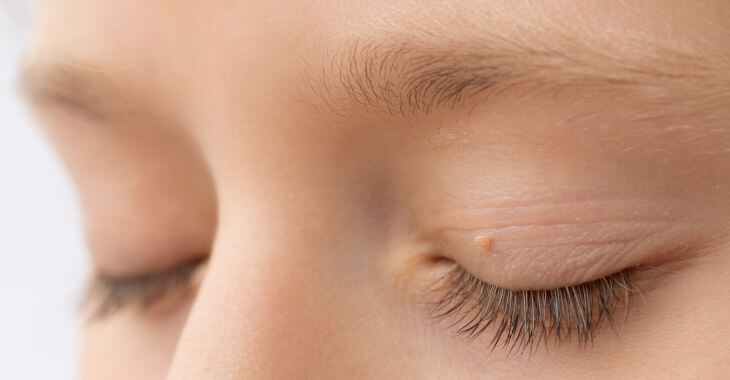When Is a Skin Problem an Emergency?

Typically, skin disorders do not warrant a trip to the emergency room, but in some cases, they can. While you may not need to see a doctor the same day for ongoing acne, rosacea or psoriasis, when acute changes in your skin occur, it may require immediate medical care. Here are some of the skin problems that may warrant a same-day doctor appointment.
Shingles
While shingles are not life-threatening, the best treatment is started right away. Blisters on one side of your body that are itchy and painful can be the first signs of shingles and should be diagnosed by a doctor.
Fungal Infections
Skin fungal infections like ringworm can be contagious and should be diagnosed and treated right away to stop the spread of the disease. Treatment and instructions on how to limit the spread of the infection can help limit exposure.
Skin Infections
Any sore can become infected and should be treated by a medical professional. There are also skin infections like staph infections that need medical treatment and are contagious. Red, painful or pus-filled sores should be looked at by a doctor to determine cause and treatment.
Should I Go to the Emergency Room or a Dermatologist?
Emergency rooms are always an option for emergency health issues, but it is always best to see a specialist for skin conditions. Many dermatologist clinics offer same-day appointments for urgent skin problems and can better assist you when you have a serious skin issue.
Skin conditions that appear quickly and are causing pain or discomfort should be diagnosed and treated right away. If possible, find a dermatologist that offers same-day appointments when you have an emergency skin problem to get the most advanced care.
Posted on behalf of:
Kayal Dermatology & Skin Cancer Specialists
141 Lacy Street, Suite 200
Marietta, GA 30060
(770) 426-7177
The information provided on this website, including text, graphics, images, and other materials, is intended solely for informational purposes and should not be used as a substitute for professional medical advice, diagnosis, or treatment.


)